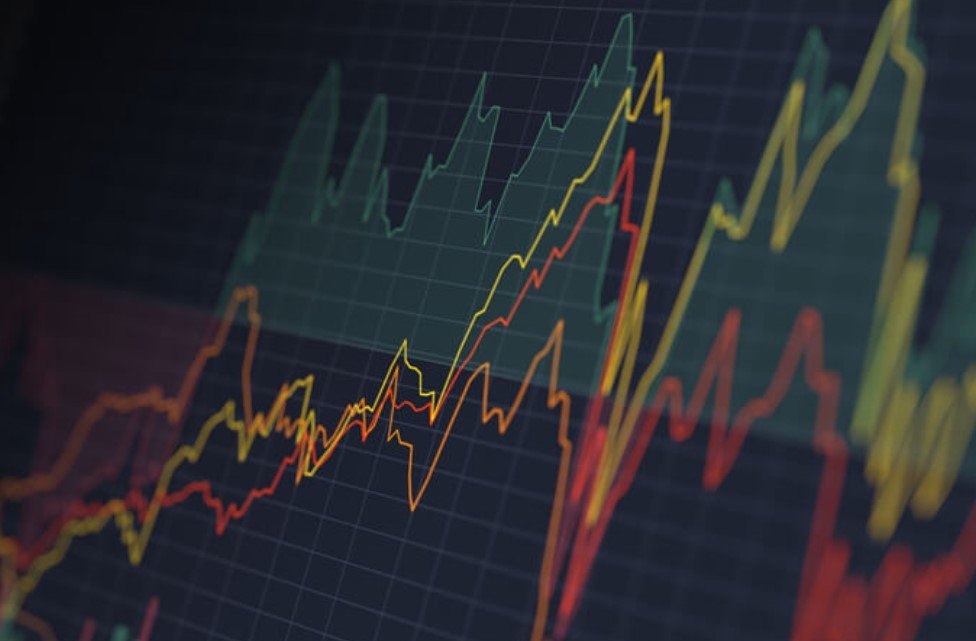The main driver of the inflation spike was the increase in energy prices, which rose by 28.1% in the year to January, the largest annual rise since records began in 1997. The energy price cap, which limits how much suppliers can charge customers on standard variable tariffs, was raised by 12% in October and by another 54% in January, reflecting the surge in wholesale gas prices. The cap affects about 15 million households in the UK, who have seen their bills rise by hundreds of pounds a year.

The energy price shock was partly caused by the global gas shortage, which was triggered by low storage levels, high demand and supply disruptions. The geopolitical tensions between Russia and Ukraine, which are major gas exporters, also added to the uncertainty and volatility in the gas market. The UK, which imports about half of its gas, has been hit hard by the gas crisis, as it has limited storage capacity and relies on a competitive market to secure supplies.
Food and Transport Prices Also Rise
Energy was not the only factor that pushed up inflation in January. Food prices rose by 1.4% in the year to January, the highest annual rate since 2018. The increase was driven by higher prices for meat, fish, dairy products, oils and fats. The food price inflation was partly due to the rising costs of raw materials, packaging and transport, as well as the labour shortages and supply chain disruptions caused by the pandemic and Brexit.
Transport prices also rose by 6.9% in the year to January, the highest annual rate since 2011. The increase was mainly due to higher prices for petrol and diesel, which reached record levels in January. The average price of petrol was 147.7p per litre and the average price of diesel was 151.8p per litre, according to the RAC. The rise in fuel prices was partly due to the increase in oil prices, which reached their highest level since 2014 in January, as well as the higher taxes and levies imposed by the government.
Impact on Households and Businesses
The inflation surge has a significant impact on the living standards and spending power of households, especially those on low incomes and fixed incomes. According to the Resolution Foundation, a think-tank, the inflation spike will wipe out the real value of the average pay rise in 2022, leaving workers with no real income growth. The inflation surge will also erode the value of savings and pensions, and increase the cost of borrowing and debt repayments.
The inflation surge also has a negative impact on businesses, as it increases their costs and reduces their profit margins. According to the British Chambers of Commerce, a business group, the inflation spike will put more pressure on firms that are already struggling with the pandemic, Brexit, labour shortages and supply chain issues. The inflation spike will also affect the competitiveness and investment plans of businesses, especially those that trade internationally.
Response from the Government and the Bank of England
The government and the Bank of England have acknowledged the inflation challenge and have taken some measures to address it. The government has announced some measures to help households cope with the rising energy bills, such as extending the warm home discount scheme, increasing the cold weather payment, and providing emergency funding to local authorities. The government has also said that it will review the energy price cap mechanism and consider other options to reform the energy market.
The Bank of England has raised the interest rate from 0.1% to 0.25% in December, the first rate hike since 2018, and has signalled that it will raise it again in February to 0.5%. The Bank of England has said that the rate hikes are necessary to bring inflation back to its 2% target in the medium term and to prevent inflation expectations from becoming unanchored. The Bank of England has also said that it will reduce the size of its quantitative easing programme, which involves buying government and corporate bonds to inject money into the economy.
However, some analysts and experts have argued that the government and the Bank of England have not done enough to tackle the inflation problem and that they have underestimated the severity and persistence of the inflation shock. They have warned that the inflation surge could last longer than expected and that it could have a lasting impact on the economy and society.
